Section IV. Suggested Next Steps
Following discussion/analysis of this report and recommendations by the Mayor, City Council, and their policy advisers, our hope is that a strategic implementation plan is approved for development in relatively short order. This implementation strategy, as we have discussed it as a Thought Force, could have six main components:
1. For each thematic area (education, housing, etc.), identify most promising shorter-term recommendations for action; conduct cost/benefit analysis as necessary.
2. Match recommendations (both shorter- and longer-term) with local partner organizations/groups who can help carry them out—and, in many cases, are already doing relevant work. (Appendix A lists for most recommendations examples of groups & organizations engaged in relevant efforts.)
3. Continue to engage community members—especially those in neighborhoods where expanded or new anti-poverty efforts are anticipated. Map assets and tap neighborhood leaders; local engagement is a key to creating enduring programs.
4. Devise better coordination of current anti-poverty efforts, perhaps with the help of a new ‘poverty czar’ or small advisory group incorporating key stakeholders.
5. Review various national anti-poverty initiatives; invite organizers to Winston-Salem as feasible; apply to join one or more of these programs.
6. Prepare assessment/outcomes measures for all poverty alleviation programs under this project’s aegis, whether expansions of existing policies or new programs to be launched. Unless we are clear about understanding outcomes, we will be unable to judge whether or not a program is working.
Thought Force members are interested in providing continued assistance--recognizing that some may need to step off, given other time commitments. Perhaps until a new individual (a “poverty czar?”) or advisory group takes the reins, we would be honored to continue engaging neighborhood and community groups, local stakeholders, and potential funders in the vital work of securing commitment for implementing these ideas, and monitoring progress and proposing adjustments/new policies as needed.
